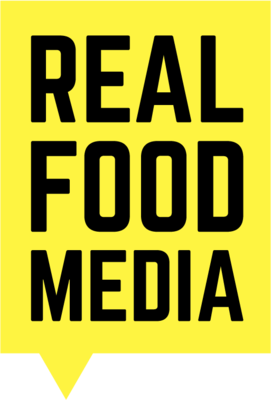Seeds, Stories & Solidarity (Fall 2025) - Magazine - Page 11

To be sure, the “right to define food and agriculture
systems” is a complex idea, but it is not abstract. Trade
agreements, deregulation, and other neoliberal policies
advanced in the 1990s dramatically undermined the
political power of ordinary people all over the world,
especially in the Global South. So-called “free trade” made
poor countries dumping grounds for Northern agricultural
surpluses and forced farmers to respond to the whims of
global markets, instead of their local and national food
needs.
Under the neoliberal model, caring for the land took a
back seat to productivism—extracting as much as the land
could offer without replenishing it. This economic model,
and the social and environmental devastation it reaped,
was not new; it was built on centuries of colonialism
and imperialism. But it hastened a new catastrophe: the
emptying of rural towns and villages, symphoning farmers
who could no longer live from farming into swelling cities
with inadequate infrastructure or terrifying journeys of
forced migration and family separation.
In the shadow of the Cold War, amid the clamor of Western
capitalist triumphalism, this was indeed a dark time for
land-based peoples and communitarian food producers.
But from this embattled context, La Vía Campesina—and
the global food sovereignty movement—germinated,
stretched its roots, and grew, inspiring us to “Globalize the
Struggle, Globalize Hope!” Three decades later, in another
dark period—one marked by authoritarianism, genocide,
and climate crisis—a new generation of global peasants,
workers, and food sovereignty activists is renewing the
movement.
11